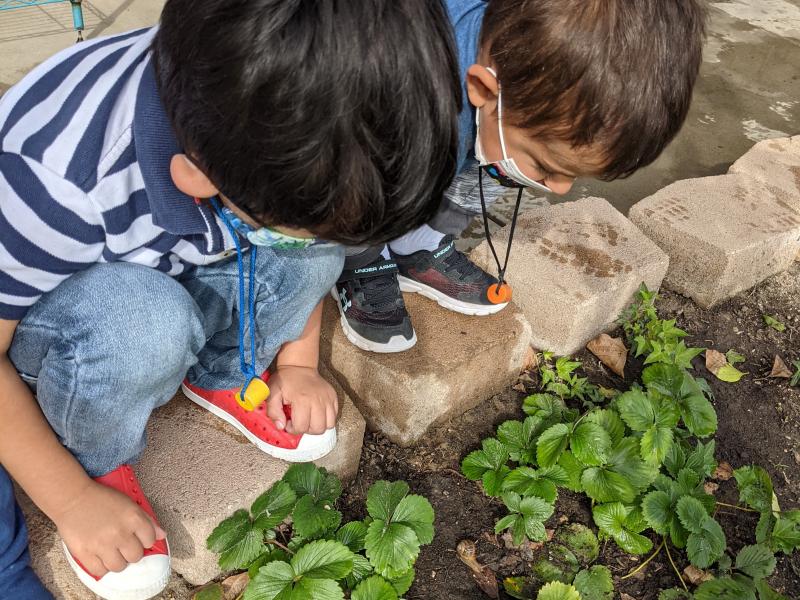I would like to talk about freedom and discipline and how it affects you and your child(ren). Internal discipline is what we are interested in and what will be achieved by the child. It takes a certain number of years for this internal discipline to occur. It is a result of concentration, which in turn, comes from the child's interest in work. This work is manifested through repetition and freedom of choice. Freedom of choice comes through the fundamentals of knowledge that have been provided for the child by you (at home) and the teacher (at school). I will show the child work that interests them, which results in repetition as a result of freedom of choice.
Through interest, the child will repeat. In the Montessori environment, they have the freedom to choose their own work. If the child has been given the opportunity to arrive at normalization, the full realization of their potentials in the first stage of development can occur at the age of six. With normalization, the child has the ability to control his/her actions and therefore become a fully integrated human being. This will carry them through the second stage of development.
Teachers have become aware of what real freedom is. Real freedom does not mean doing what we want, but the ability to make an act of judgment, an act of choice. It is acted out by the will and intellect of the child. Our task is to prepare the child for the act of choice, which is the key to future exploration. We must give the child knowledge from which they can make their own choices and judgments.
In the classroom, there are various areas of freedom at which the child will eventually arrive. Freedom of time will allow for freedom of repetition, and with repetition comes mastering of that task. I am always encouraging this. Freedom of movement in the classroom is a big discipline for the children. The movement comes from the will. The children are free to move their rugs and sometimes tables where they would like to work, even outside. They are free to move around as long as they wish, as long as there are limits in place and they are not disturbing others.
Freedom to talk; children need knowledge of how to communicate with others. Grace and courtesy lessons help teach this to the children: how to ask for something, how to express what and how they are feeling, and know where their limitations are for this as well. Having consideration for others is very important.
With all these freedoms within limitations, the children will have stronger interest, concentration, and will repeat. They will then arrive at normalization. The tendency of self-perfection will occur with repetition.
–Dragonfly Teacher


